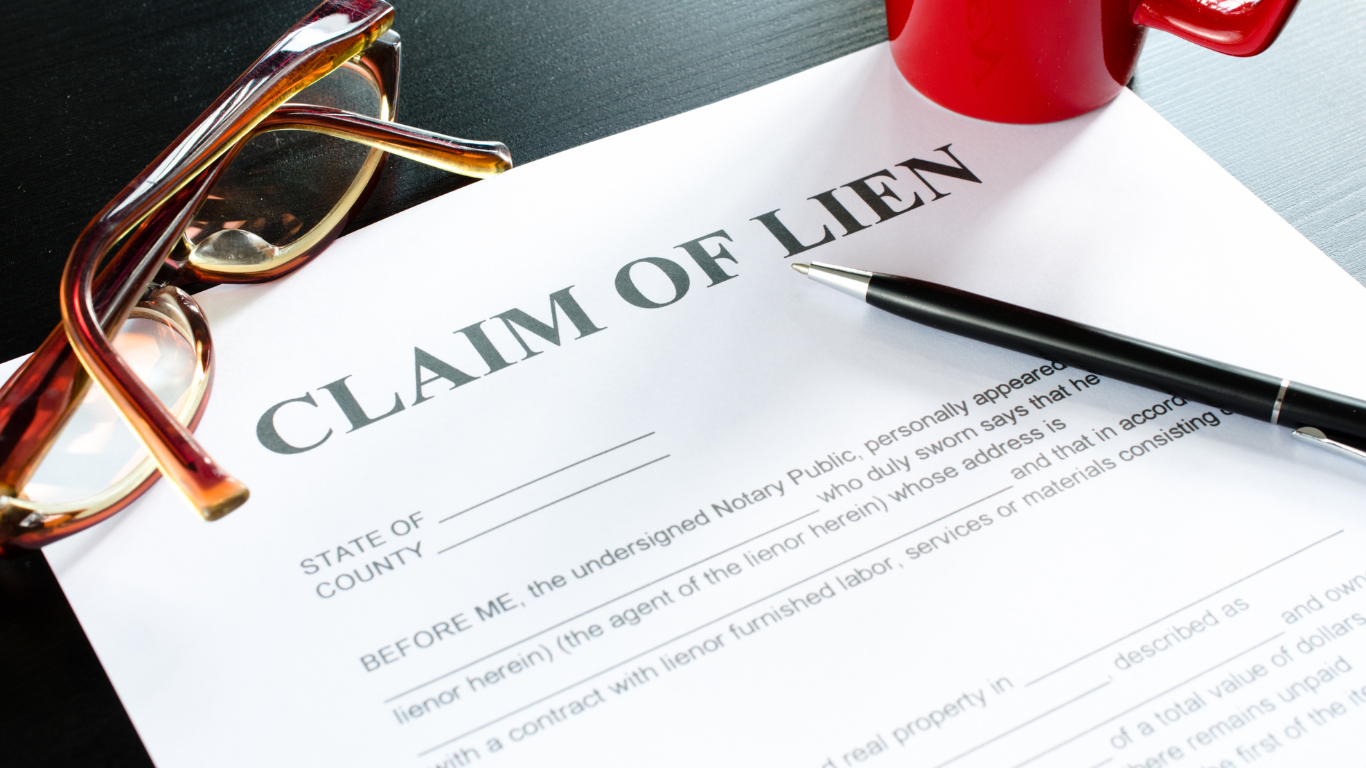Purchasing a new property can be exciting and scary. Often silent and unnoticed, Liens can have significant implications for property buyers. A property’s past can affect its future, especially when liens are involved. Before making that purchase, understanding the relationship between liens, title insurance, and property ownership can be helpful and reduce some of the anxiety that can accompany a large purchase.
What is a Lien?
A lien is a legal claim or right against a property. It’s typically used as a security for a debt or obligation. It informs the buyer that someone has a claim on the property, potentially affecting its sale or transfer. Discovering existing liens is crucial before any property purchase to avoid potential financial and legal complications.
Different Types of Liens
Liens are generally categorized into voluntary and involuntary liens. Voluntary Liens are those that the property owner agrees to, like a mortgage. When taking out a mortgage, the buyer allows the lender to place a lien on the new property until the loan is fully repaid.
Involuntary liens are placed without the property owner’s consent and can arise for various reasons, including the following:
- Tax liens address unpaid property or income taxes.
- Judgment liens result from a court judgment against the property owner.
- Construction liens help collect money owed to contractors for unpaid work on the property.
- Child support liens are attached to the property because of overdue child support.
How Liens Affect Property Ownership
A lien ensures that the debt associated with it is paid off before the property owner transfers the ownership or receives any proceeds from a sale. This can reduce the amount the owner receives upon selling if a portion of the proceeds are used to satisfy the lien at the time of the sale.
Liens can hinder the process of selling or transferring property. Potential buyers might be deterred by existing liens, leading to delays or even cancellations of transactions. If existing liens are not addressed, property owners might also face legal actions from creditors, leading to potential financial losses or even foreclosure in severe cases.
The Consequences of Ignoring Liens
Ignored liens may saddle a new property owner with the previous owner’s debt. If an incumbrance remains undiscovered or unresolved at purchase, the new owner could “own” the debt connected to the property. This means the new owner may have to pay up, even though they had no part in the original obligation.
Liens can also negatively affect the market value of a property. Upon discovering an existing claim, prospective buyers may either back out of a deal or negotiate for a reduced price, considering the additional cost they might incur to settle the debt.
Financial institutions also frown upon encumbered properties. Refinancing the property or taking out a new mortgage on a property with debt or claims can make the process challenging or even impossible. Lenders view liens as significant risks and might offer unfavorable terms or decline the loan altogether.
When overlooked or ignored, liens can cause a cascade of complications for the new property owners. Suppose the new buyer finances the purchase; a bank won’t require them to take steps to uncover existing incumbrances or other issues the property may have. This can be disastrous for the new owner if they don’t follow the proper steps.
The Role of Title Insurance
Title insurance is a protective policy that shields property buyers from past issues and future disputes related to their new property. It ensures that the title transferred is clear and free from any claims or liens caused by previous owners.
How Does Title Insurance Protect Against Liens?
Before issuing a title insurance policy, a thorough title search identifies any existing liens or claims against the property. If a lien isn’t discovered during the title search surfaces later, title insurance can cover the financial losses, ensuring the property owner isn’t liable. Knowing that the title is insured, property buyers can have peace of mind that their investment is protected against the actions, or lack thereof, of the previous owner.
The Importance of a Thorough Title Search
A comprehensive title search is the first line of defense against hidden liens. It involves reviewing public records to identify any claims or liens against the property. This process ensures a clean property transaction and helps avoid future legal and financial complications. A clear title is a critical component for any property purchase, and a thorough title search is the key to achieving it.
As you begin your property buying process, understanding the intricacies of liens and title insurance is critical. Don’t let hidden financial burdens derail your purchase. At Cortes & Hay, we ensure your title is clear and protected. Contact us today to learn more about our comprehensive title insurance solutions.

